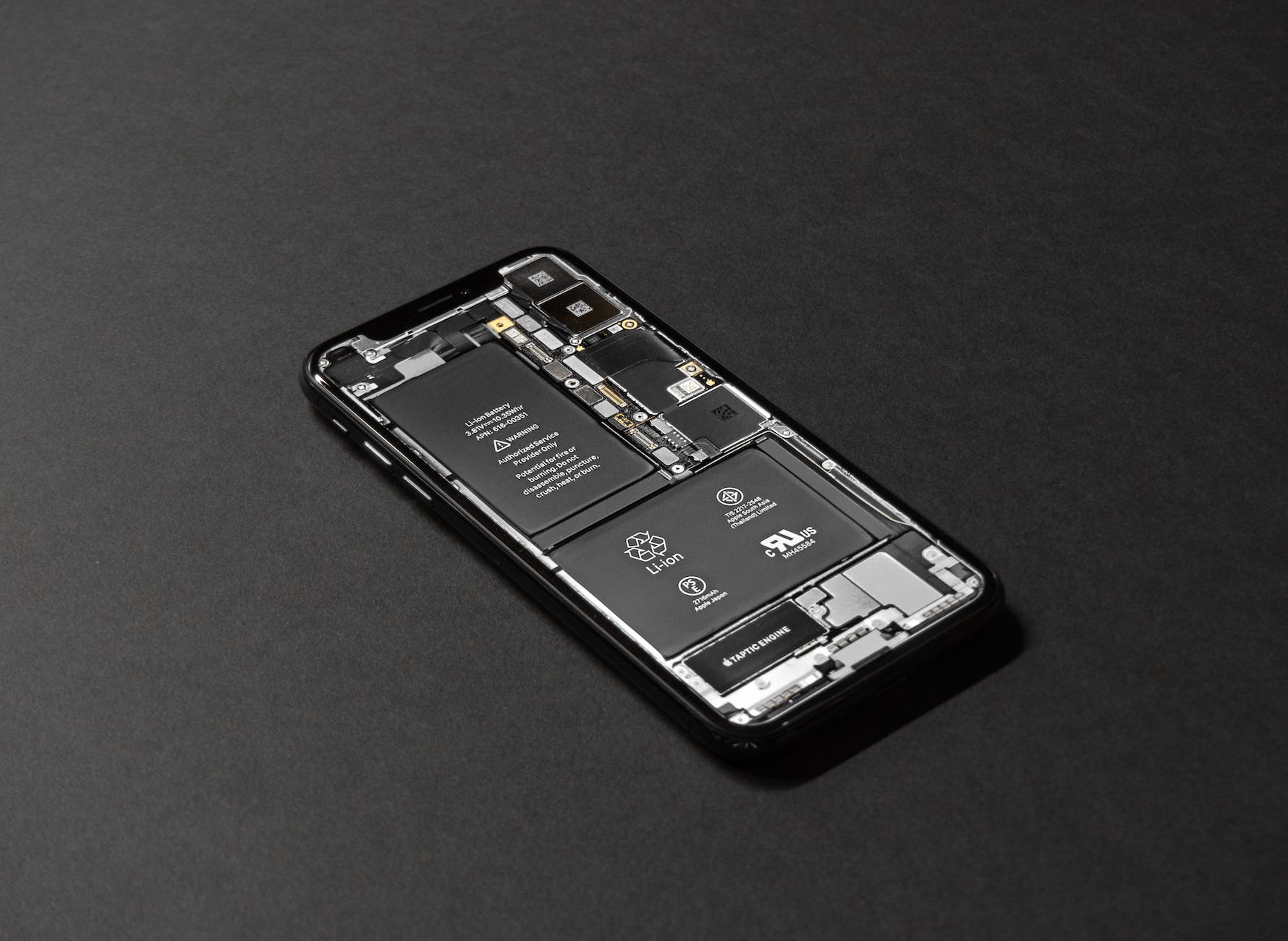The European Union has voted to require manufacturers to equip devices with user replaceable batteries. Several years ago device manufacturers dropped the ball on sustainability by making it more difficult for you to replace batteries. Manufacturers eventually transitioned from cumbersome battery removal procedures and a lack of exterior screws to a combination of elaborate tricks. They will discourage and sometimes even punish you for replacing your batteries using various techniques.
Common Tactics That Prevent You From Replacing Batteries
- Software or firmware locks to reject new batteries or harass you with warnings if the replacement battery is accepted.
- Placing strong adhesives underneath batteries that you can’t get to without applying chemicals.
- Using strong adhesives to hold the phones together, causing you to break the back glass or damage other components. This is because of the sheer amount of heat you have to apply to remove them.
- Booby traps that damage your phone if you try to open it.
- Refusing to sell replacement batteries so that you have to buy risky generic batteries from third-parties.
The High Cost Of Modern Designs
Device manufacturers have been trying to bury the concept of replaceable batteries for a long time. Regulators did nothing about it until now. When manufacturers denied customers access to replaceable batteries, it made devices more expensive across the board.. This is because you’ll have to throw out expensive devices such as $1,000 phones due to faulty batteries. In other cases you would experience reduced runtime due to battery aging. That is another incentive to buy a new phone, as the battery life is likely to be under a day if you use it frequently.
Phone manufacturers also implemented other design changes to lure you into buying newer, less repairable phones. For example: They make the entire front of phones out of glass. They also make that glass extend out to the edge, and then they do the same for the back. This sleek glass design looks attractive. However, it has made phones more fragile than ever. This is because they are mostly glass and their edges are not rubberized like they used to be.
Their edges are just thin slivers of aluminium or glass — not exactly shock absorption materials to protect all that expensive glass.
Replaceable Batteries Are Greener
The EU’s new legislation will make portable appliances and electronics far more sustainable and economical. This is because a common reason you’d want to replace a phone or other portable device is a faulty battery. You will also save time, money, and effort because less effort will be required to remove the batteries. The financial savings will be because you could replace the battery yourself instead of paying a technician.









